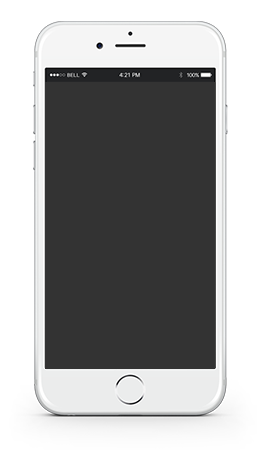Join this Citizen Science project & spend as little as 8 minutes to help build upon the current research findings & become part of a much larger drive to help steer both clinical & digital research. Let's make a difference!
Take part from the comfort of your home armchair You can do as little or as much as you like

The original study came about to identify the affects of bedtime technology on the body's circadian rhythms.
#1
Sleep is imperative to the proper functioning of all animals and greatly affects such things as health, behaviour and cognitive functioning on a day-to-day basis. Sleep itself is governed by the body’s circadian rhythm which is essentially a sleep/wake cycle.
Children are one of the largest consumers of technology.
The original purpose of this research project was to identify the affects of bedtime technology on the body’s circadian rhythm.
#2
The study's author, Monty Lord focused purely on adolescents with the hypothesis that using bedtime technology at night would adversely affect their circadian rhythm, leading to reduced sleep duration, delayed sleep onset, reduced daytime attentiveness and anxiety disorders.
Adolescents spend increasingly more time using bedtime technology, and with sleep deficiency rising in adolescents, this constitutes a major public health concern.
Click here or on the link to the left, to see Monty's initial clinical research study, along with the findings & conclusions.

January 30, 2020
After months of original research & statistical modelling, Monty launches this iTech Explorers citizen science project















